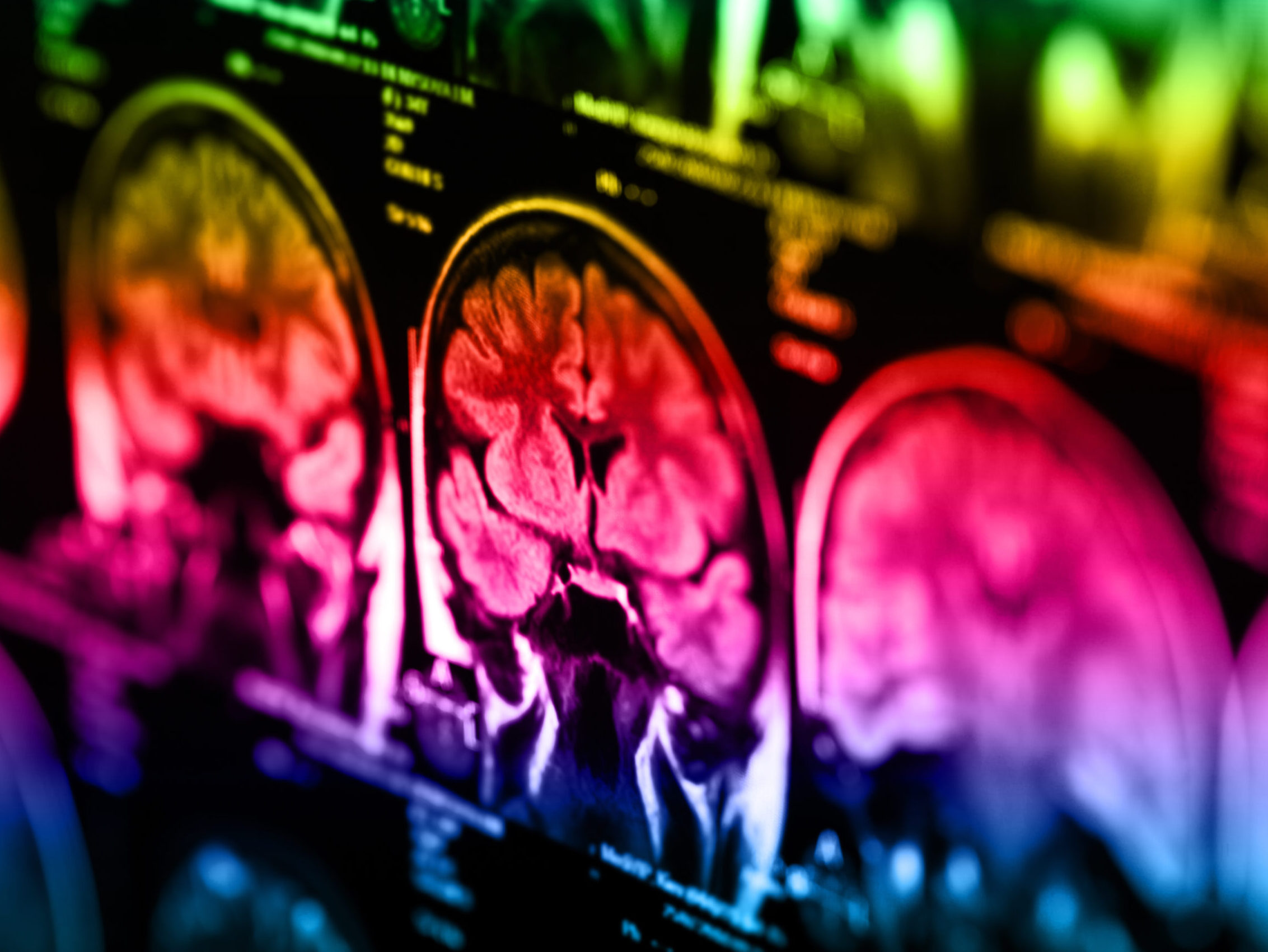
Mood Disorders and Oxidative Stress
Mood disorders, including depression and bipolar disorder, represent a profound global health challenge. While neurobiological and psychosocial factors have traditionally been the focus of research and treatment, scientific evidence shows that oxidative stress and redox balance play a pivotal role in mood regulation.
Oxidative Stress and Redox Homeostasis
Oxidative stress is an imbalance between reactive oxygen species (ROS) and the body’s antioxidant defense mechanisms. It arises from various sources, including metabolic processes, inflammation, and environmental factors. Redox reactions are fundamental to maintaining cellular and physiological equilibrium. When oxidative stress disrupts this balance, it can have detrimental effects on brain function and, subsequently, mood regulation.
Oxidative Stress and Neurotransmitter Function
Neurotransmitter Imbalance
Oxidative stress can interfere with the synthesis, release, and metabolism of neurotransmitters, including serotonin, dopamine, and norepinephrine, which are critical for mood regulation. Imbalances in these neurotransmitters are associated with mood disorders.
Neuroinflammation
Oxidative stress is linked to neuroinflammation, characterized by the activation of immune cells in the brain. Neuroinflammation can exacerbate mood disorders and contribute to the development of symptoms like low mood and cognitive dysfunction.
Oxidative Stress and Neuronal Damage
Neuronal Damage
Oxidative stress can damage neurons and impair their ability to communicate effectively. This neuronal damage leads to structural changes in the brain, affecting regions associated with mood regulation.
Impaired Neuroplasticity
Oxidative stress can hinder neuroplasticity, the brain’s ability to adapt and reorganize. Reduced neuroplasticity is implicated in mood disorders, as it hinders recovery and resilience.
Antioxidants and Mood Regulation
Antioxidants, which include endogenous molecules like glutathione, redox signaling molecules, and exogenous compounds obtained from the diet, play a crucial role in counteracting oxidative stress and supporting redox balance.